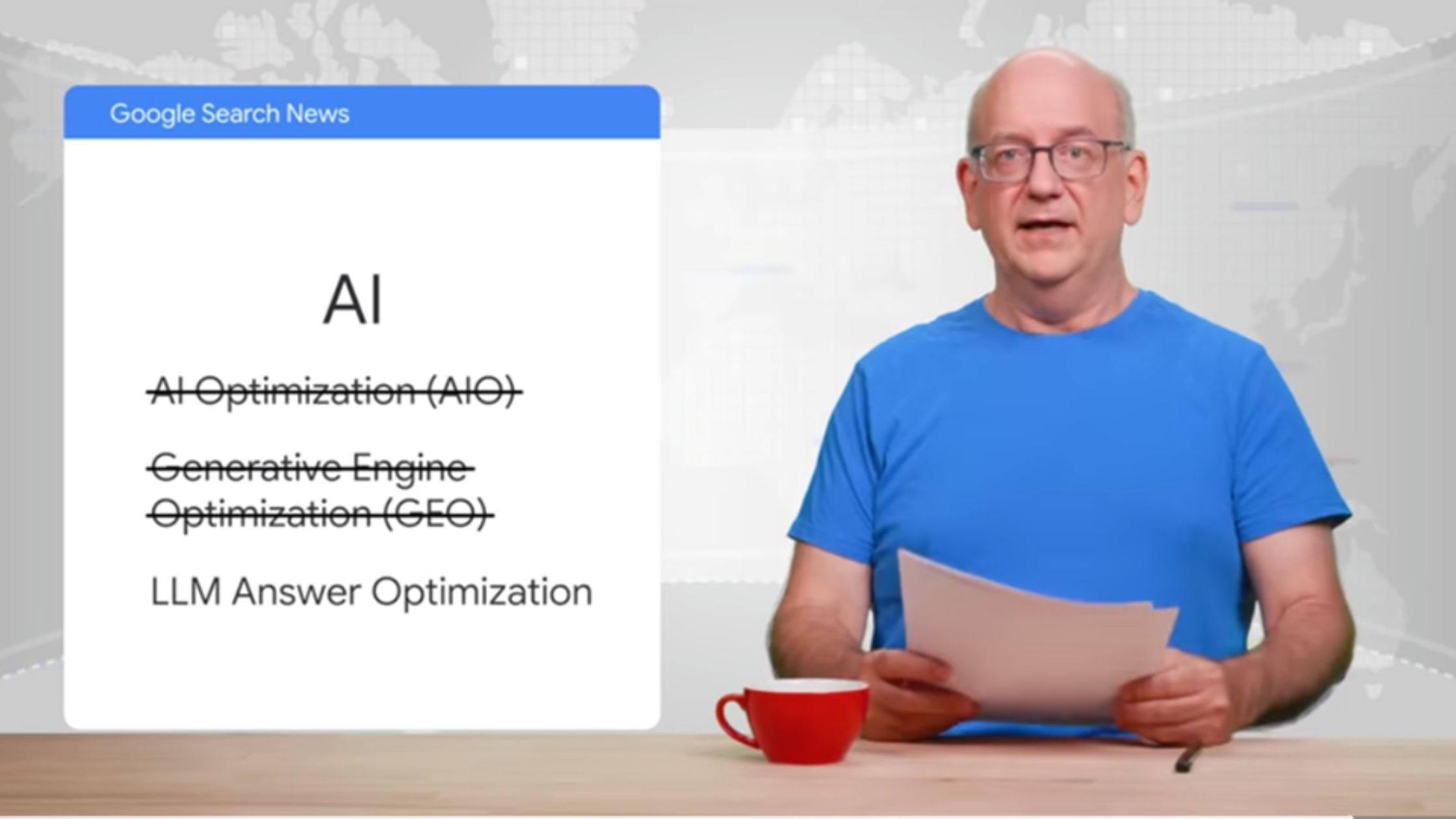Google’s John Mueller Confirms: No Special SEO Needed for AI Overviews
Introduction: The AI Surge in Google Search
Google Search no longer works on keyword matching: it has had to advance and keep up in the current dynamic online environment. Search result interaction and the ability of the site owner to optimize to this new reality are being affected by AI-powered features. In the latest episode of Google Search News, John Mueller from Google Switzerland outlines essential updates. They span from newly published documentation to deeper insights into how AI overviews and AI mode work, best practices for appearing in AI-enhanced search results, and key changes in Search Console and robots.txt.
AI is reshaping both search operations and SEO paradigms—but the core principle remains unchanged: produce high-quality content.
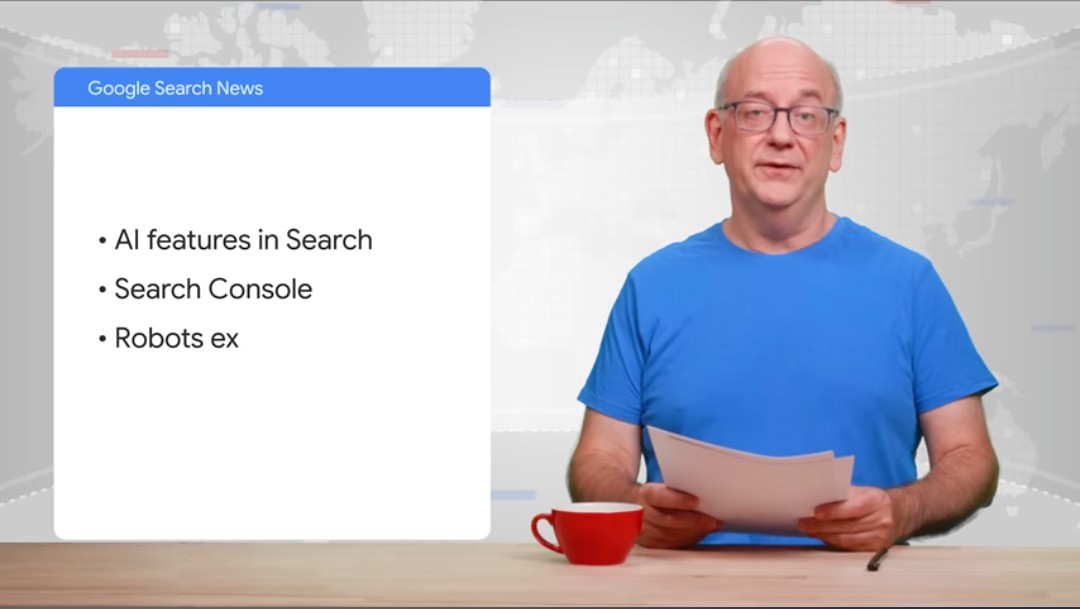
1. Fresh Documentation on AI Features
Google has released official documentation titled “AI Features in Search & your site” and “AI features and your website.” These serve as essential guides for webmasters seeking to understand the evolving relationship between Google’s AI systems and websites.
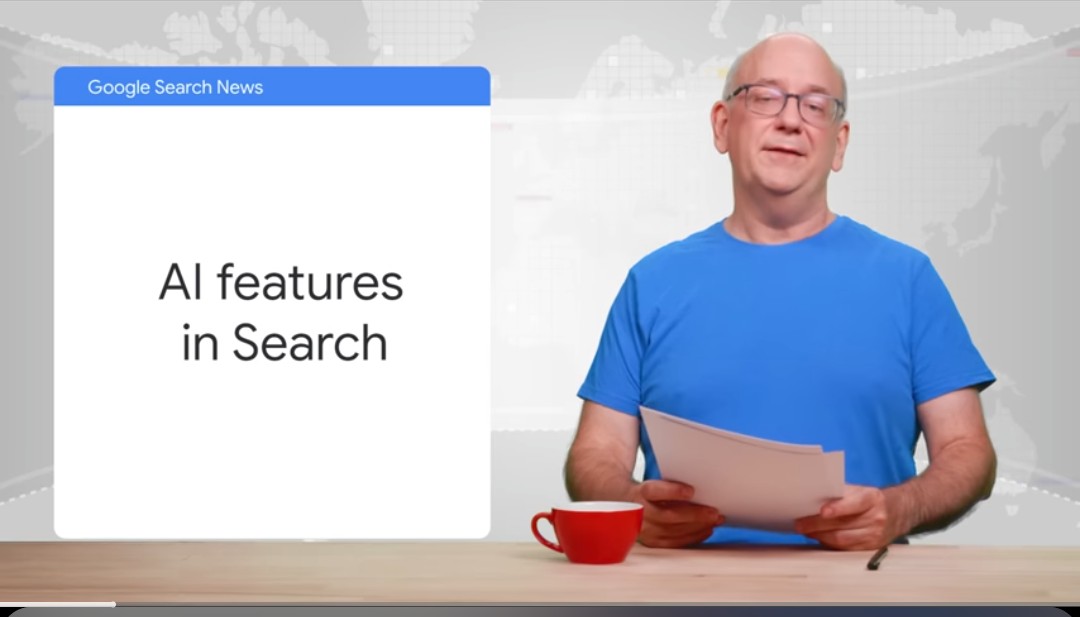
This documentation covers:
What AI Overviews and AI Mode are.
How these features generate AI-powered summaries and insights.
Clarifications about content qualification.
No magic formulas—Google reiterates: **focus on quality and relevance.**
2. What Are AI Overviews & AI Mode?
John Mueller breaks down two key AI features in Google Search:
- AI Overviews
These provide summarized responses at the top of search results—quick, AI-generated insights pulled from multiple webpages. Mueller stresses that click-throughs from AI Overviews are “higher quality.” In other words, users who engage with these summaries tend to have stronger intent and deeper interest .
- AI Mode
A more conversational interface that invites follow-up questions, AI Mode feels closer to interacting with a chatbot. It supports deeper queries with context, often leading to richer user engagement over traditional search formats.
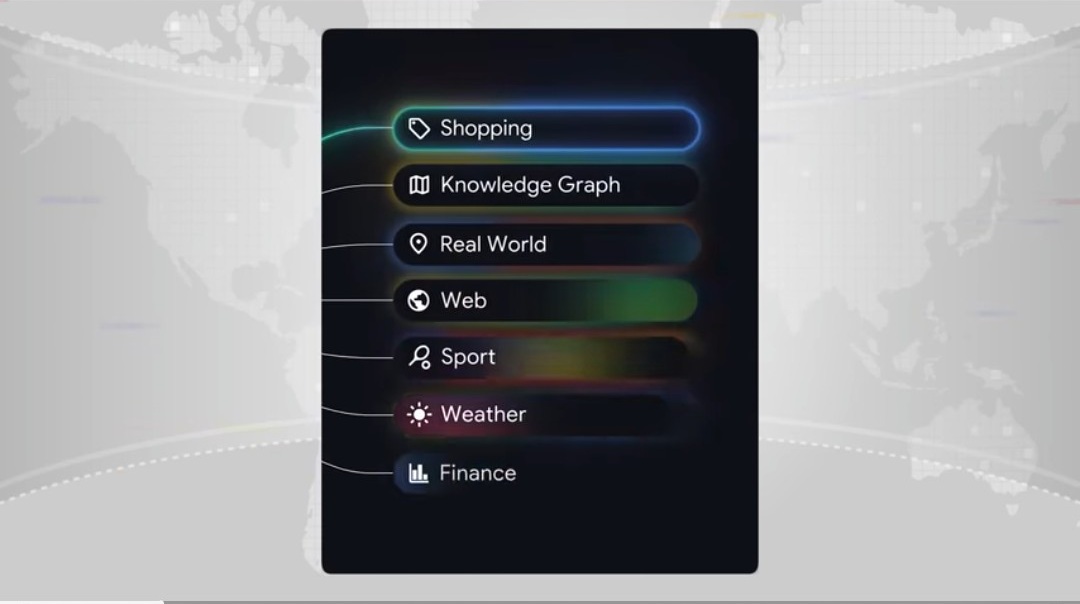
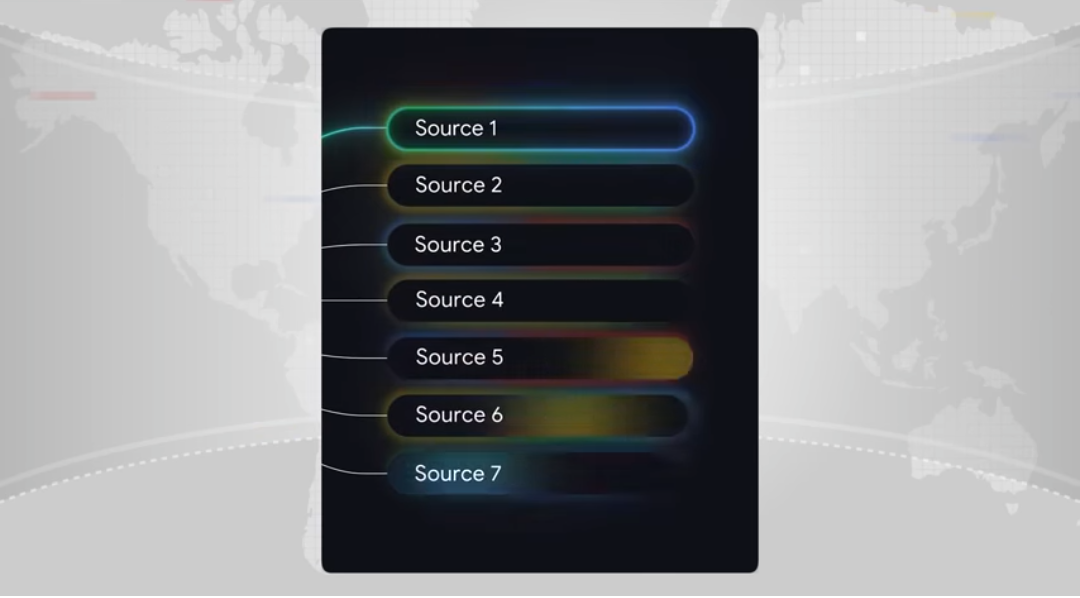

3. No Special Treatment: “Nothing New Needed”
One of Mueller’s most comforting messages: You don’t need special tweaks or files to appear in AI-enhanced search formats. If your site is already optimized for regular search, it’s well-positioned for AI Overviews and AI Mode. Google’s systems choose sources algorithmically based on their usual ranking relevance—no separate LLM files needed.
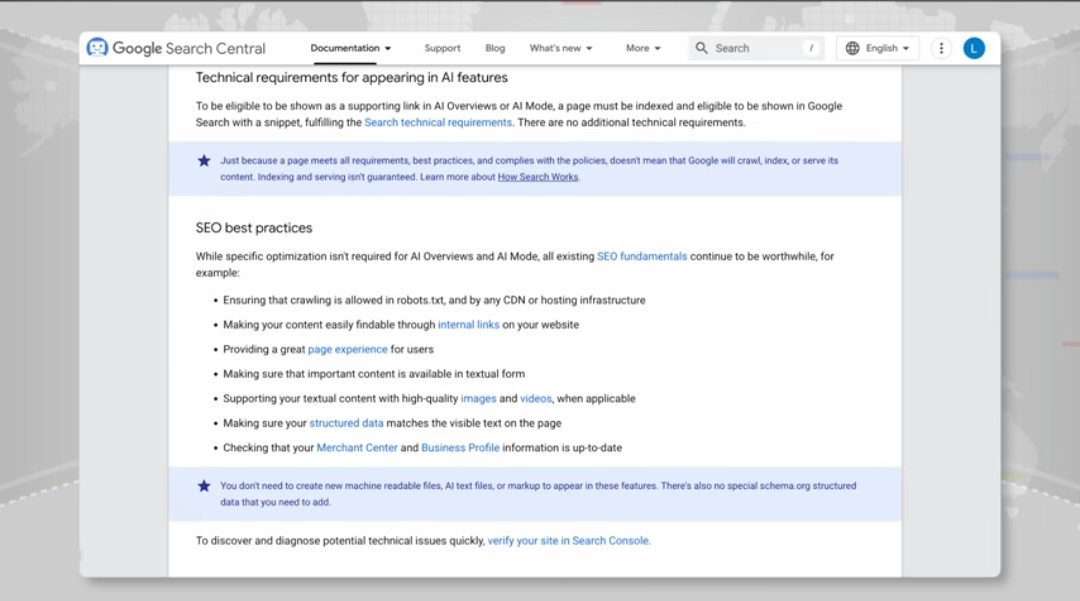
This means:
- Pay attention to the basics of SEO (strength, on-page quality, links).
- No need to target AI iterations with special redirects or markup.
- Instead, streamline your structure, usably frame your content, and let Google do the rest.
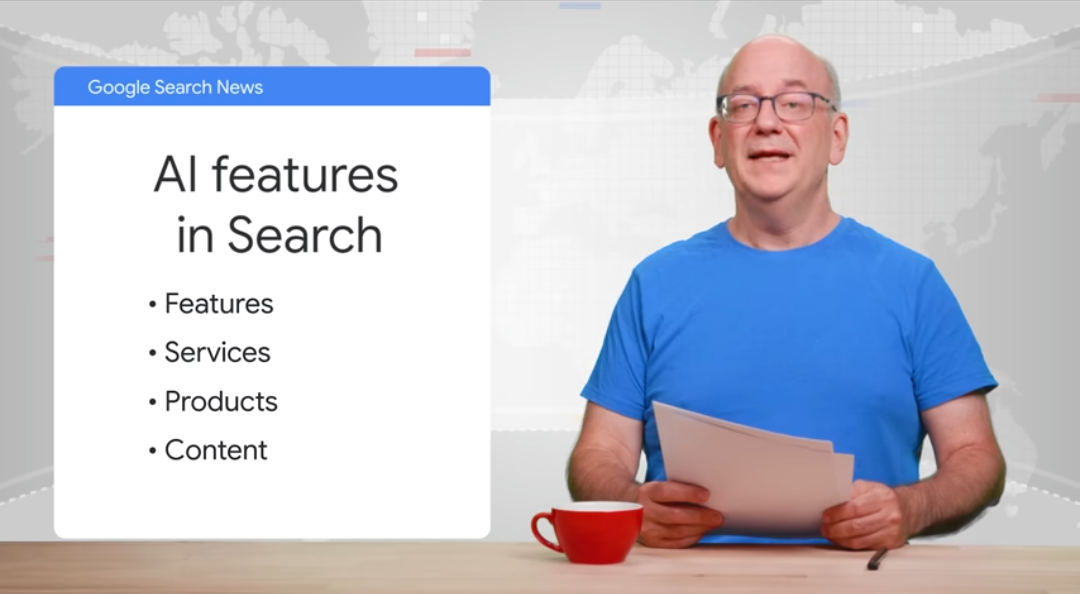
4. Robots.txt: Minimal Yet Meaningful Updates
The trusted robots.txt standard isn’t exempt from change. Google’s new documentation includes minor updates to how Googlebot parses this file—especially regarding AI crawlers. Mueller stresses: these aren’t sweeping revisions, but maintaining proper syntax remains critical.
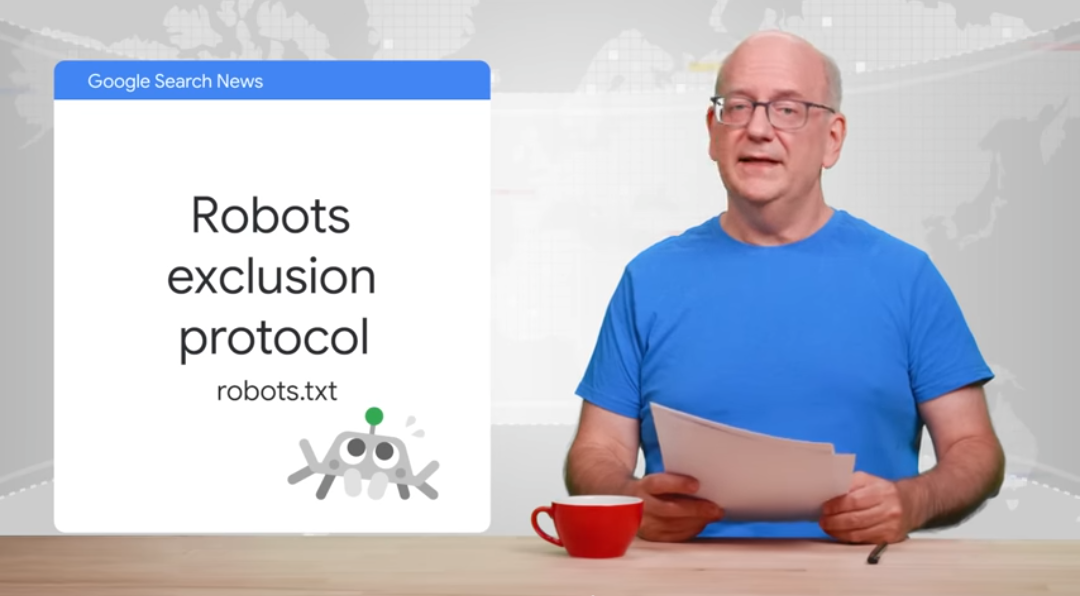
Updates include:
- Clearer support for user-agent declarations covering AI agents.
- Better guidance on crawl permissions and respecting intent.
- Continued emphasis on noindex directives for sensitive content.
Action step: Re-validate your robots.txt using Search Console’s tester and ensure your intended path is crawlable by both Googlebot and AI-specific bots.
5. Search Console: New AI-Centric Tools
Google is planning AI-tailored enhancements in its Search Console platform. While Mueller didn’t showcase full features, he pointed to “Search Console Insights” and forthcoming AI usage analytics.
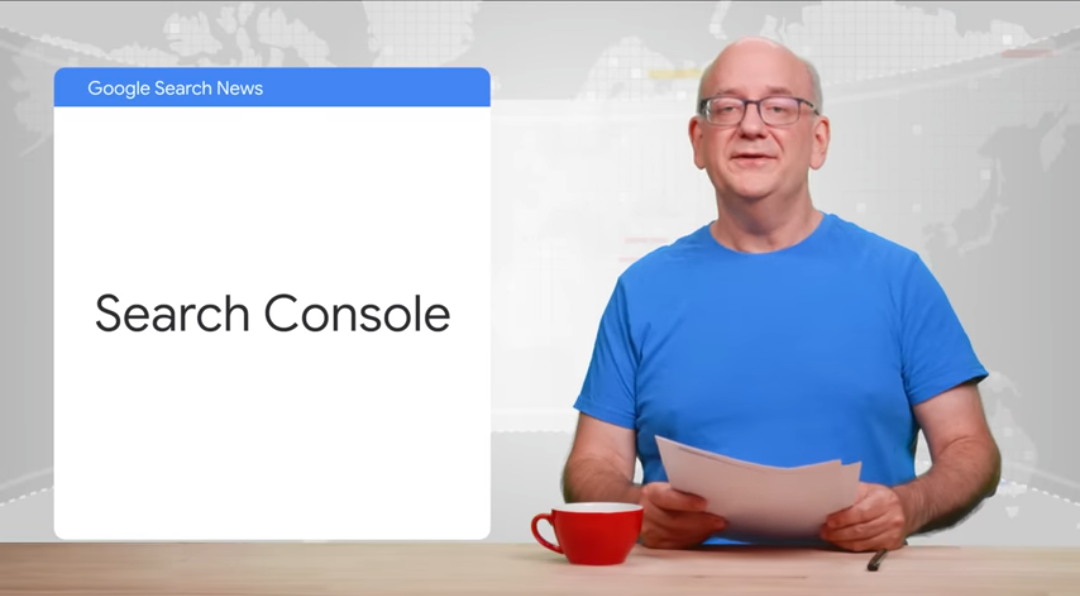
Anticipated capabilities:
- Insight into AI-driven click-through behavior and impressions.
- Understanding how often AI Overviews pull content from your site.
- Alerts or illustrations tying AI engagement to site performance.
These instruments are designed to connect the old and new approaches to SEO: classical SEO and AI-based search analytics.
6. To LLM or Not to LLM Files?
A burning question: should you create specialized LLM-focused files or feeds?
Mueller’s answer: Nope. Google’s AI systems evaluate your standard content as it is—whether published pages, structured data, or internal linking—and repurpose it to fit AI Overviews or AI Mode.
That means:
- Your best-performing, quality content will be prioritized.
- Creating LLM files or separate feeds offers little advantage.
- Focus on readability, structure, and linking.
7. SEO Community Voices
Users in the SEO community welcomed Mueller’s clarification. On Twitter (X) and Telegram, professionals shared their relief that no new optimization headaches are necessary.
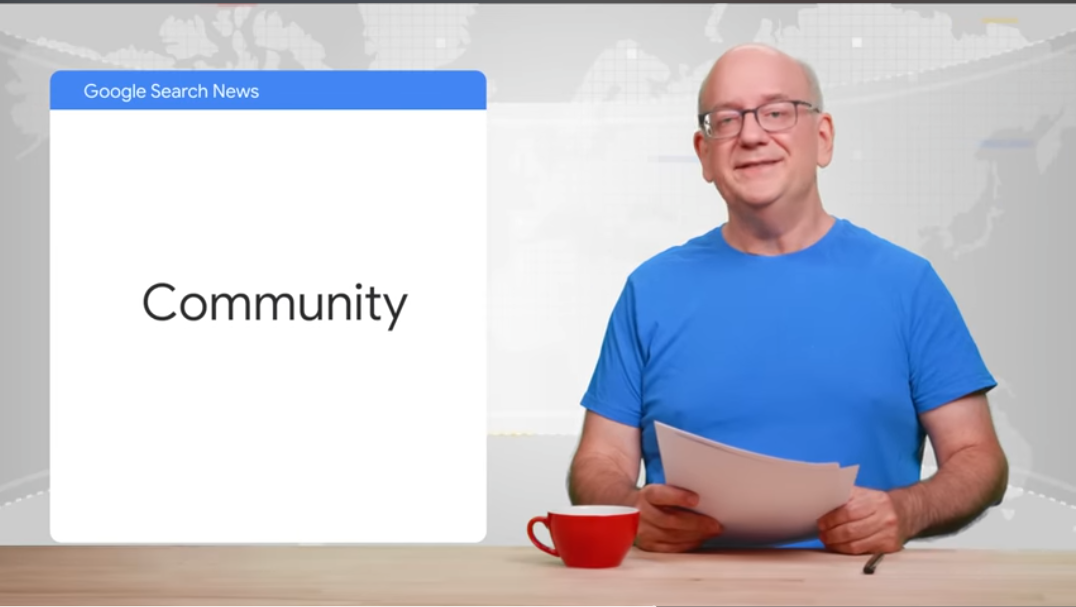
“Mueller reminds us that what ranks well in traditional search will continue to perform in AI contexts.”
8. Real-World SEO Implications
Summing up the insights, here’s a list of practical actions every webmaster should prioritize:
- Continue high-quality content creation
Emphasize authority, expertise, trust, and readability.
- Maintain site structure
Make sure that there are good headings (H1s, H2s), the internal navigation, and the links.
- Validate technical SEO
Use Search Console tools to monitor index coverage, SITR, and robots.txt.
- Monitor AI interactions
Watch for AI Overview impressions and referral traffic via upcoming Search Console features.
- Stay adaptive and informed
Keep up with Google’s documentation and iterate based on new AI insights.
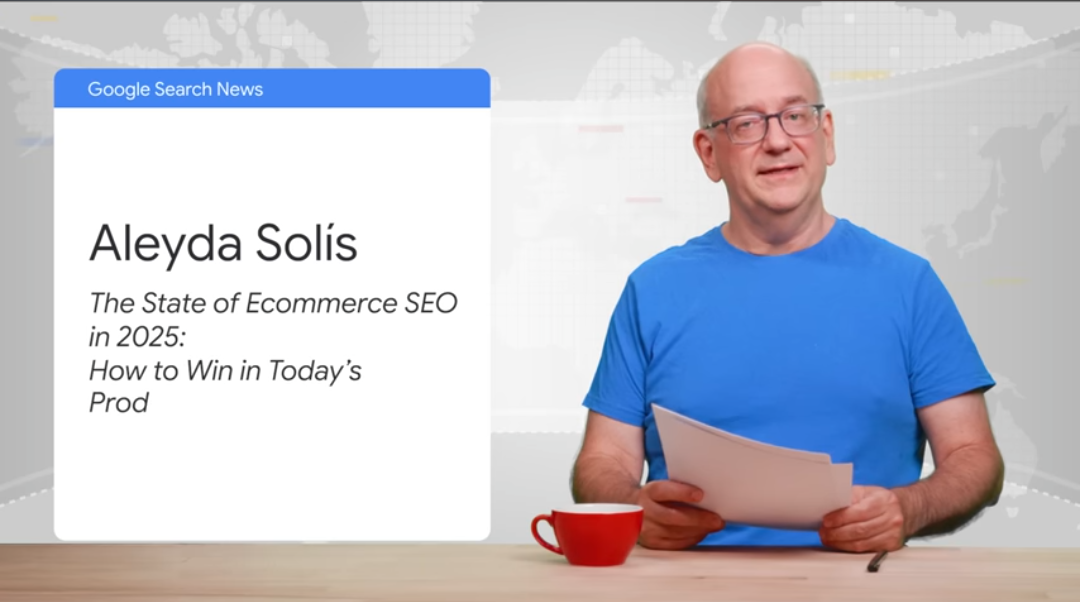
9. What’s on the Horizon?
Beyond today, Google plans ongoing evolution:
- Improvements to AI Overviews for detail and accuracy.
- A more conversational, context-aware AI Mode.
- Rollouts of AI-specific Search Console features and analytics.
- Possible testing of meta tags or structured data to indicate AI-suitability.
- Mueller emphasized that the core remains unchanged: SEO best practices still underpin AI search success.
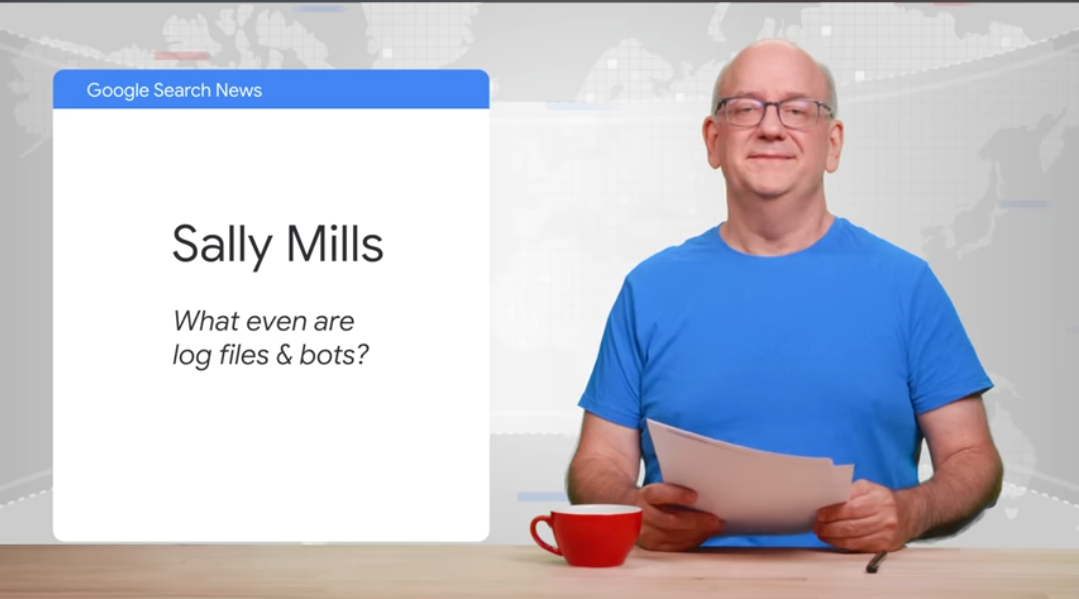
Conclusion – A Seamless Evolution
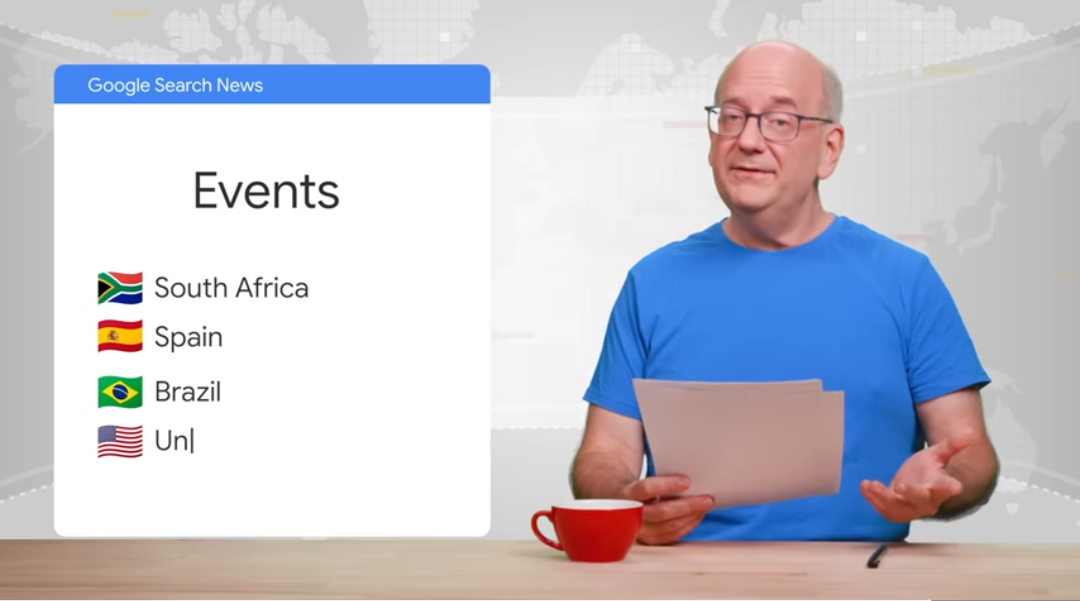
Google’s integration of AI overviews and conversational modes marks a shift—but not a revolution for SEO. Instead of forcing site managers into compliance with new protocols, Google invites them to double down on proven fundamentals: authoritative, well-structured, well-linked content.
As John Mueller reminds us repeatedly:
“Once you have optimized your site to consider people and the old search, you naturally end up optimizing your site (for these AI features).”
The message to content creators and SEO professionals is obvious: keep developing good material, do not neglect the technical hygiene, and observe the upcoming AI-based analytics. Avoid the urge to pursue fads, but pursue a conservative approach with basics at the forefront. That is the surest way you can succeed in an AI-enhanced search environment.
Here’s a refined *list of the most searched and frequently asked questions* about AI and its impact on SEO, based on keyword research (high-volume “People Ask”), industry sources, and community discussions:
—
FAQ Related to AI SEO
Q. What is AI SEO?
Ans. AI SEO refers to optimizing content for visibility in AI-powered SERP features like Google’s AI Overviews.
Q. How does AI SEO differ from traditional SEO?
Ans. AI SEO focuses on optimizing for AI-generated summaries in search results, unlike traditional SEO which targets keyword-based rankings.
Q. Can AI-generated content rank well on Google?
Ans. AI-generated content can rank on Google if it’s high-quality and helpful, but low-value AI content may lead to penalties. Ask ChatGPT
Q. What are the best AI SEO tools?
Ans. Top AI SEO tools include Ahrefs, Semrush, Surfer SEO, Jasper, Frase, and Clearscope.
Q. How can AI help with keyword research?
Ans. AI helps with keyword research by analyzing search trends and user intent to suggest high-performing, relevant keywords.
Q. What role does AI play in voice and visual search optimization?
Ans. AI enhances voice and visual search by understanding natural language and image context to deliver more accurate, relevant search results.
Q. Which are the best or helpful ChatGPT Prompts for SEOs?
Ans. Find below list of helpful ChatGPT Prompts for SEOs
For Content Creation & Optimization
“Generate a blog outline for the keyword ‘best skincare for oily skin’.”
“Write an SEO-friendly meta title and description for a page about [topic].”
“Create FAQs with schema markup for a product page about [product].”
“Suggest semantically related keywords for ‘digital marketing strategy’.”
“Rewrite this paragraph to improve readability and keyword density.”
For Technical SEO
“Create a robots.txt file for an eCommerce website with blog and product pages.”
“Generate an XML sitemap for a small 10-page website.”
“List technical SEO issues that may slow down page speed and how to fix them.”
For Competitor Analysis
“Analyze the on-page SEO strategy of [competitor URL].”
“Find content gaps between my site and [competitor site].”
For Keyword Research & SERP
“Suggest long-tail keywords for ‘AI SEO tools’ with informational intent.”
“Group these keywords into topical clusters: [list keywords].”
“What keywords is [URL] likely targeting?”
For Link Building
“Write a professional outreach email for a guest post opportunity.”
“Suggest 5 linkable asset ideas for a [industry] website.”
For AI & Future SEO
“How can I optimize my content to appear in Google AI Overviews?”
“Suggest ways AI can improve internal linking on a blog.”
Q. How do you optimize for Google’s AI Overviews / “Position Zero”?
Ans. To optimize for Google’s AI Overviews or “Position Zero,” focus on clear, concise, high-quality content that directly answers user queries.
Q. Is traditional SEO dead with AI overviews?
Ans. No, traditional SEO isn’t dead—it’s evolving to work alongside AI Overviews by emphasizing quality, relevance, and structure.
Q. What are the risks of AI-generated content?
Ans. AI-generated content risks include poor quality, duplication, and lack of originality, which can lead to lower rankings or Google penalties.
Q. What’s the future of AI in SEO?
Ans. The future of AI in SEO lies in smarter content creation, personalized search results, and deeper user intent analysis.


